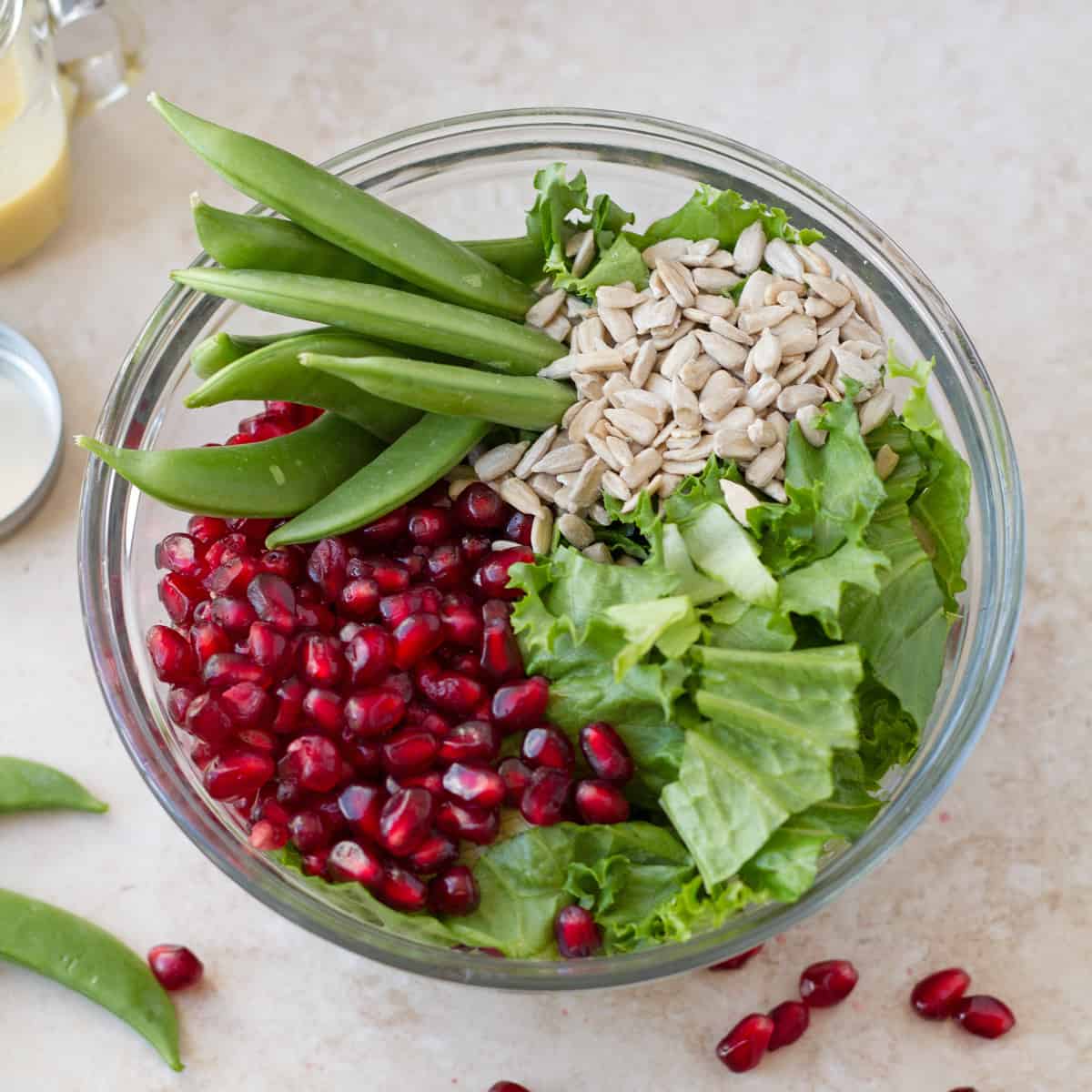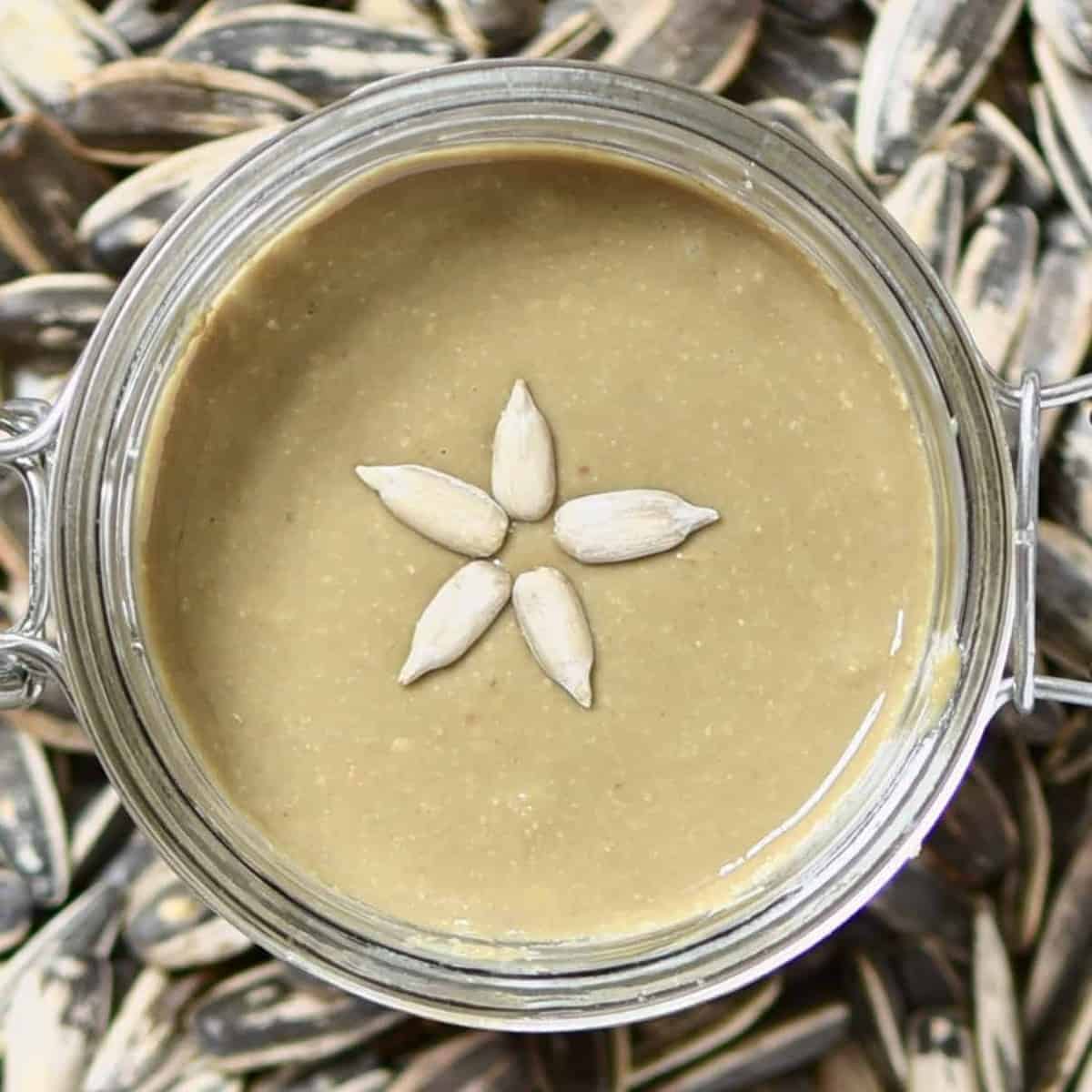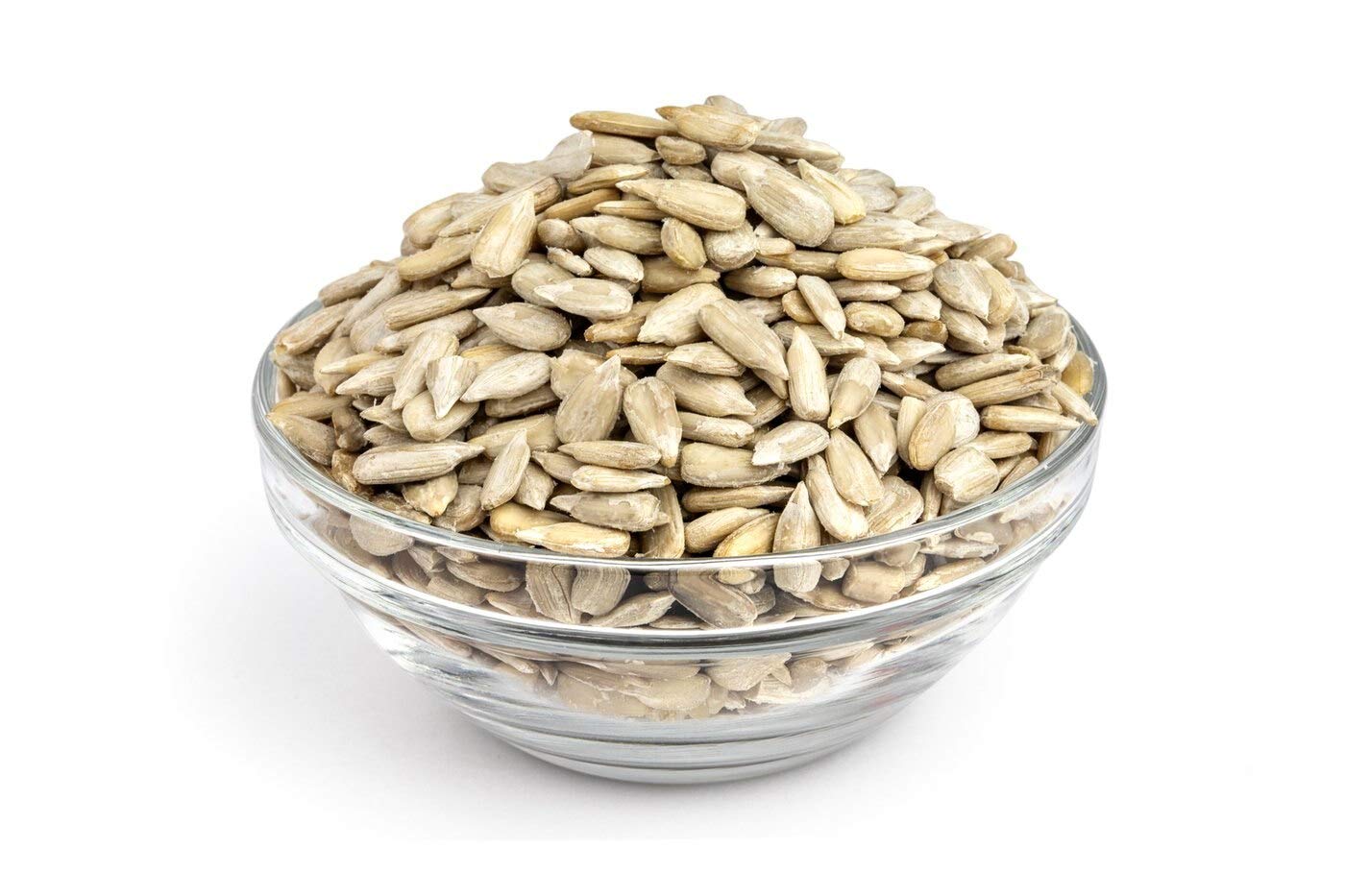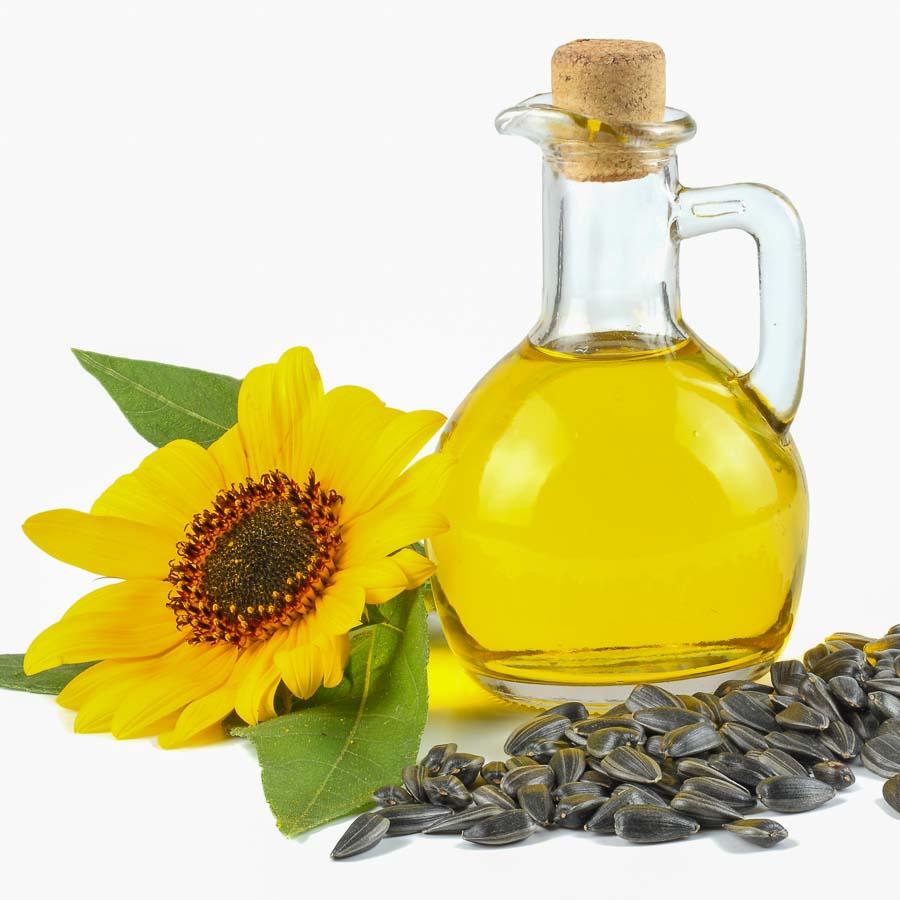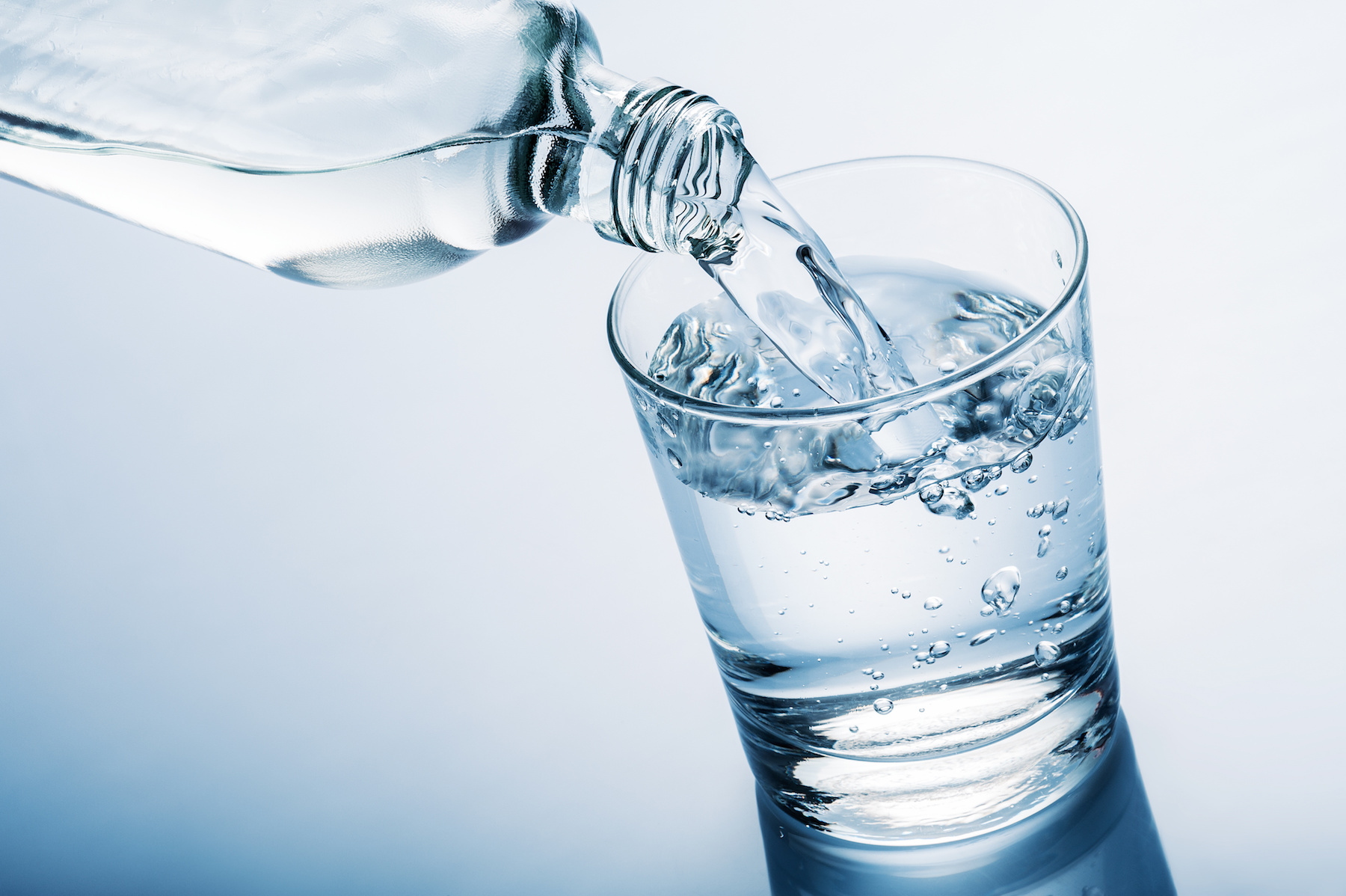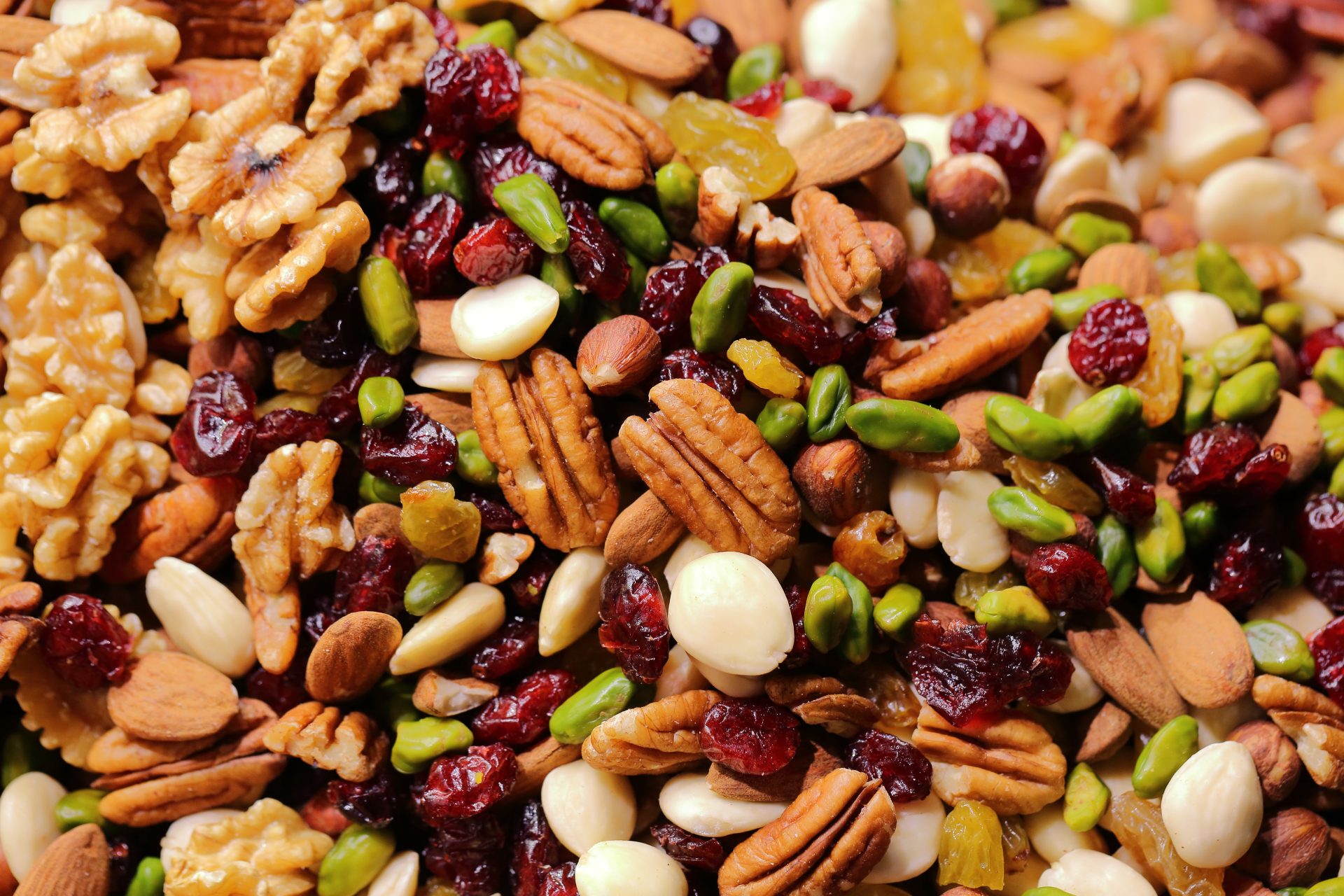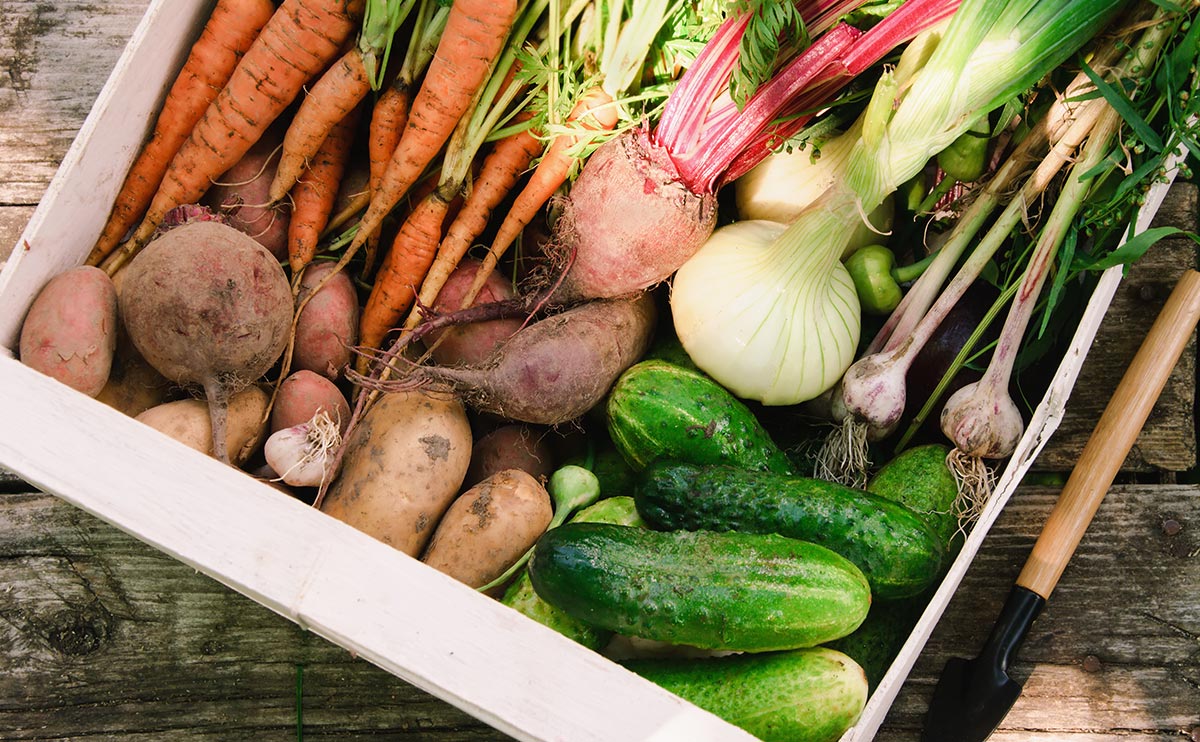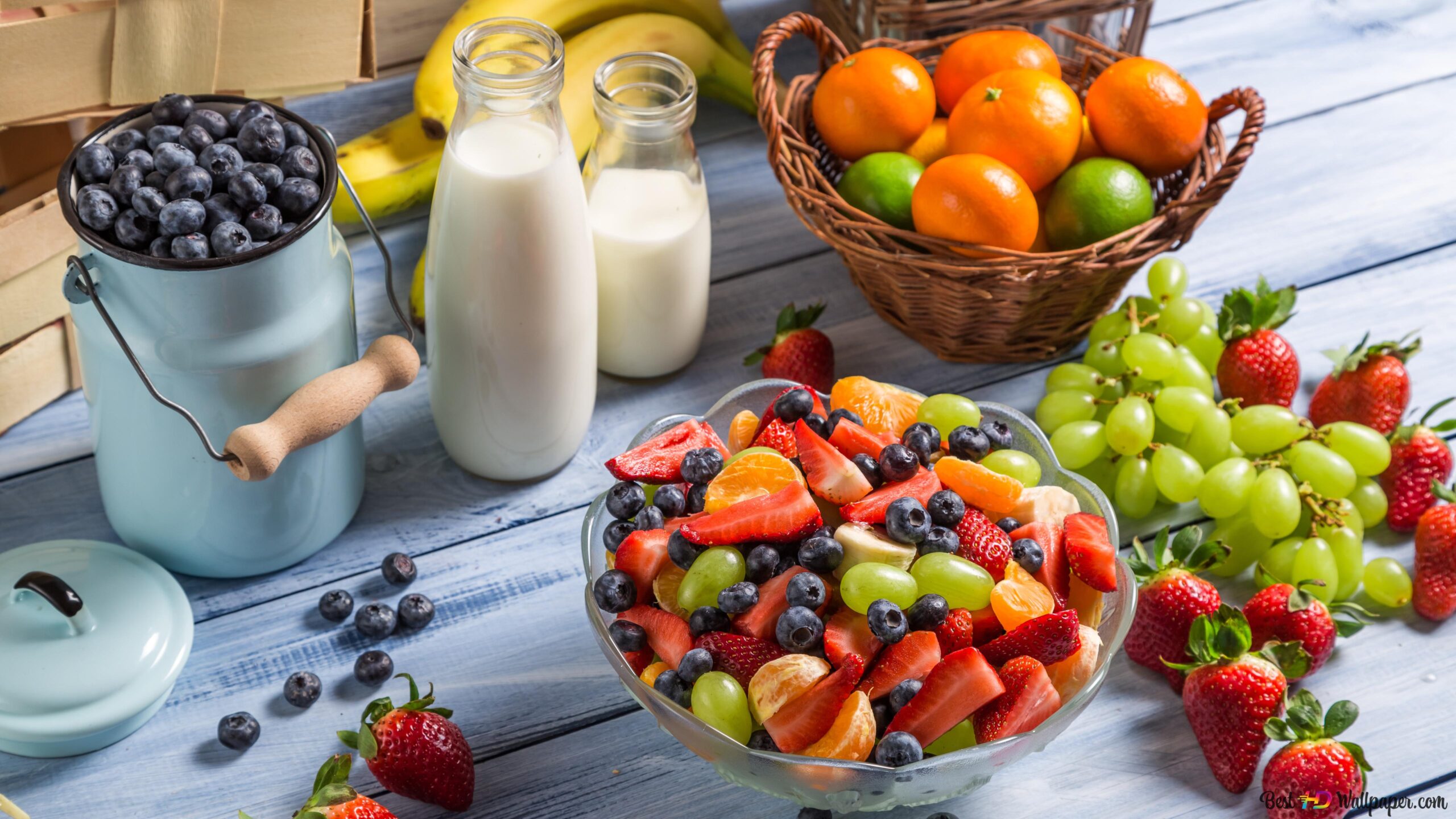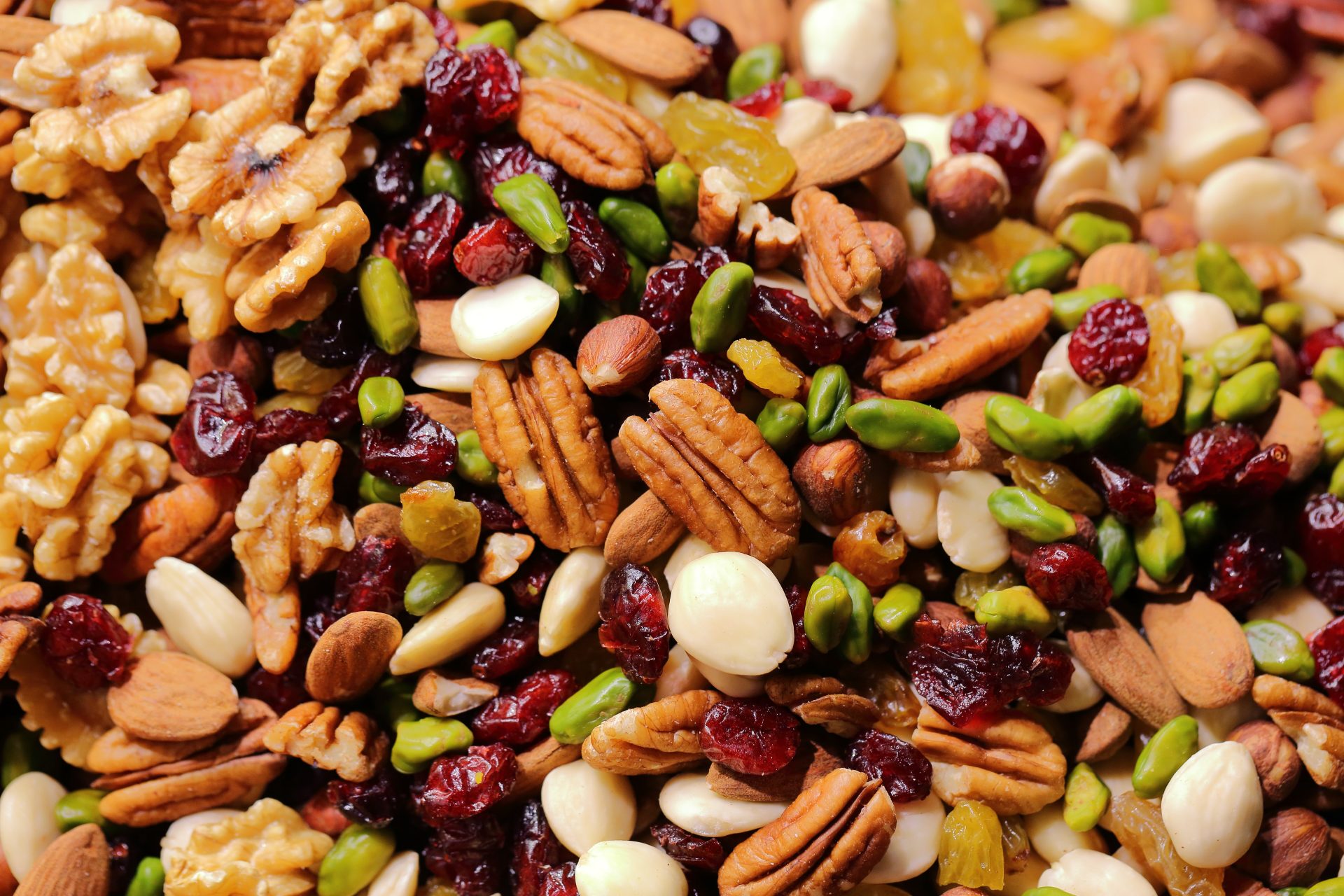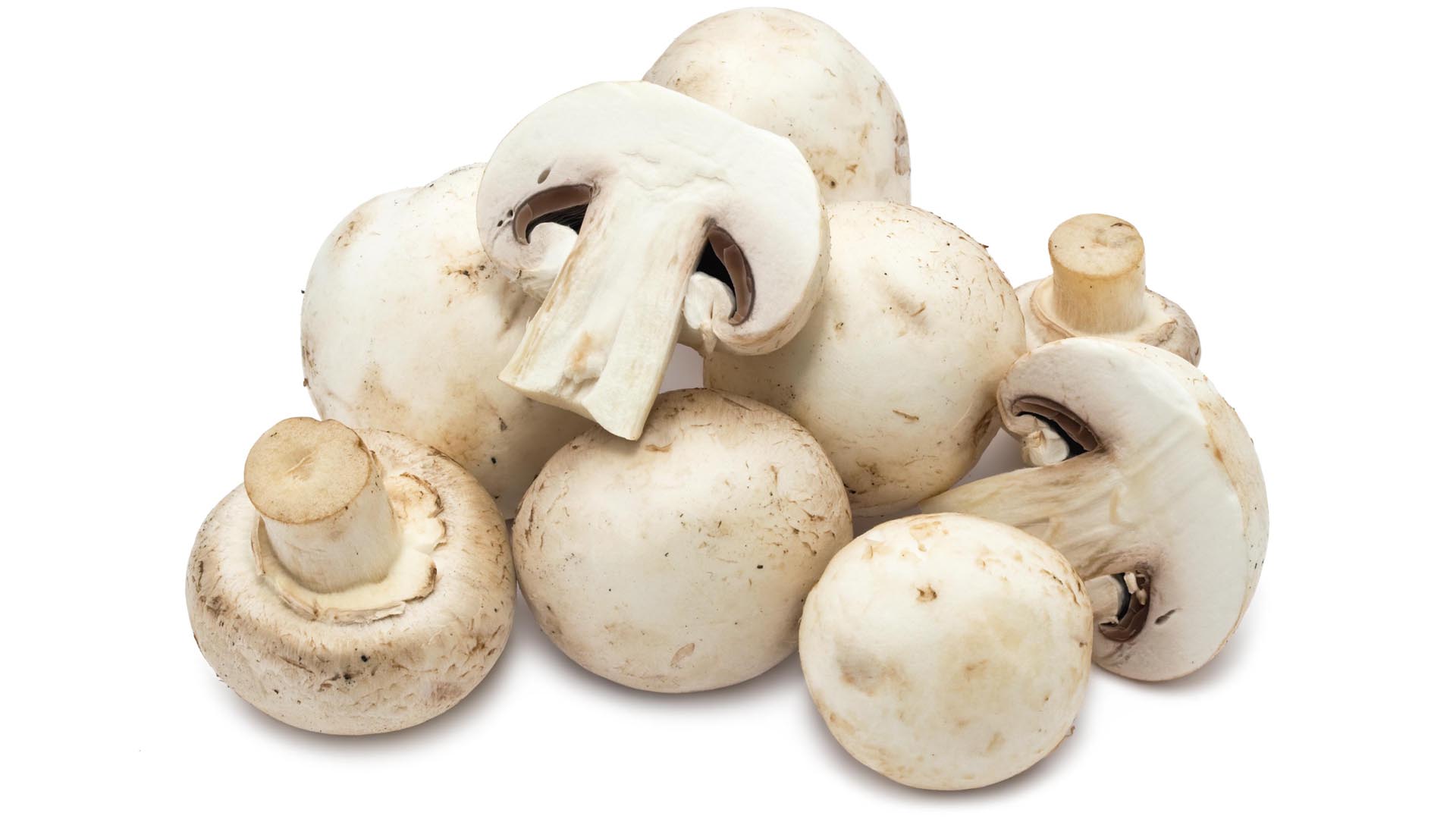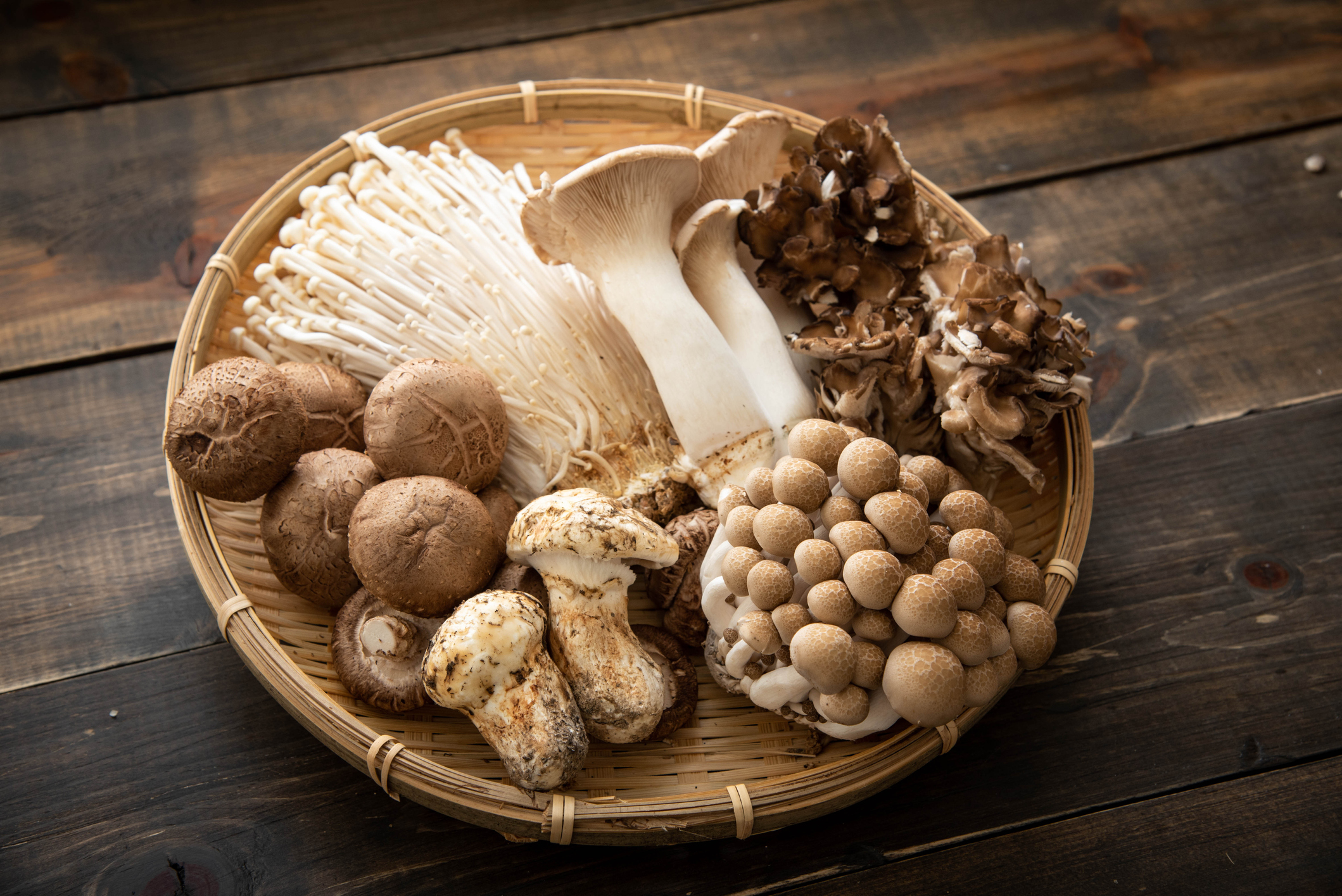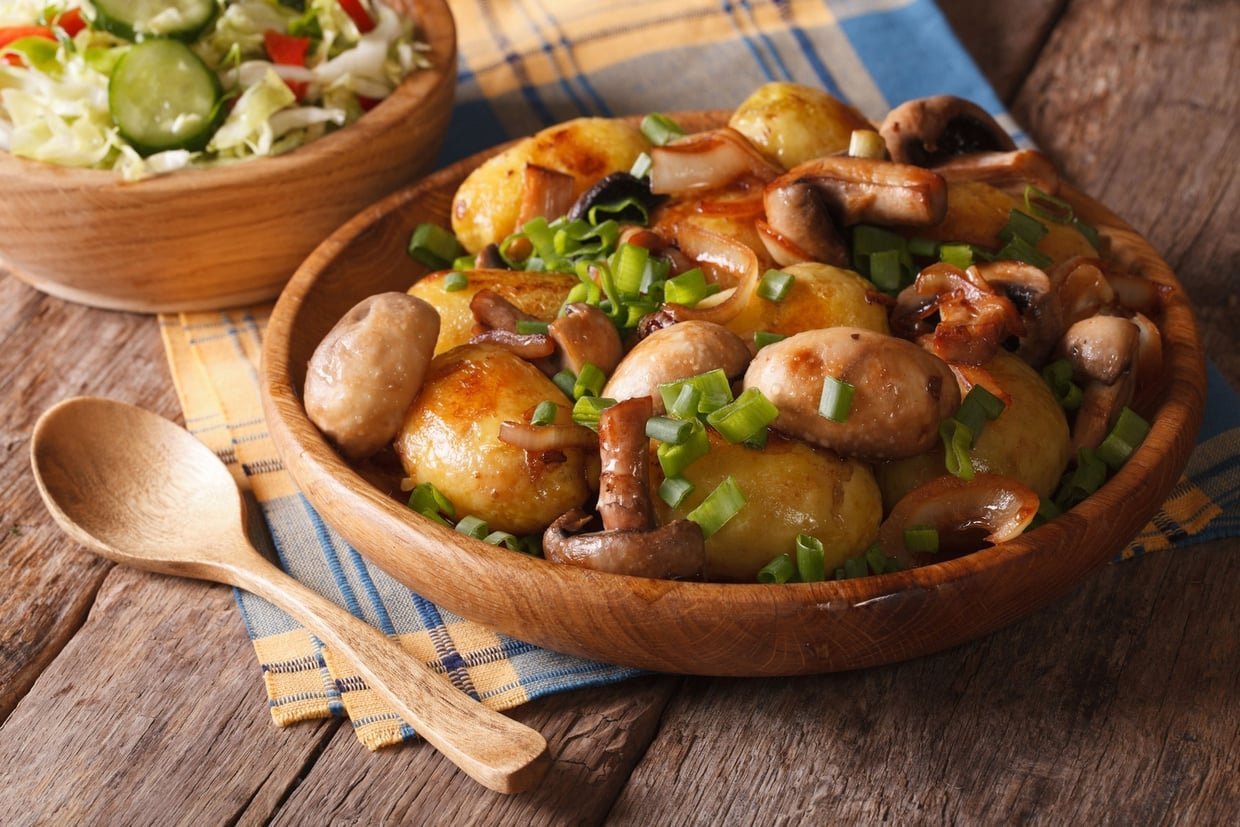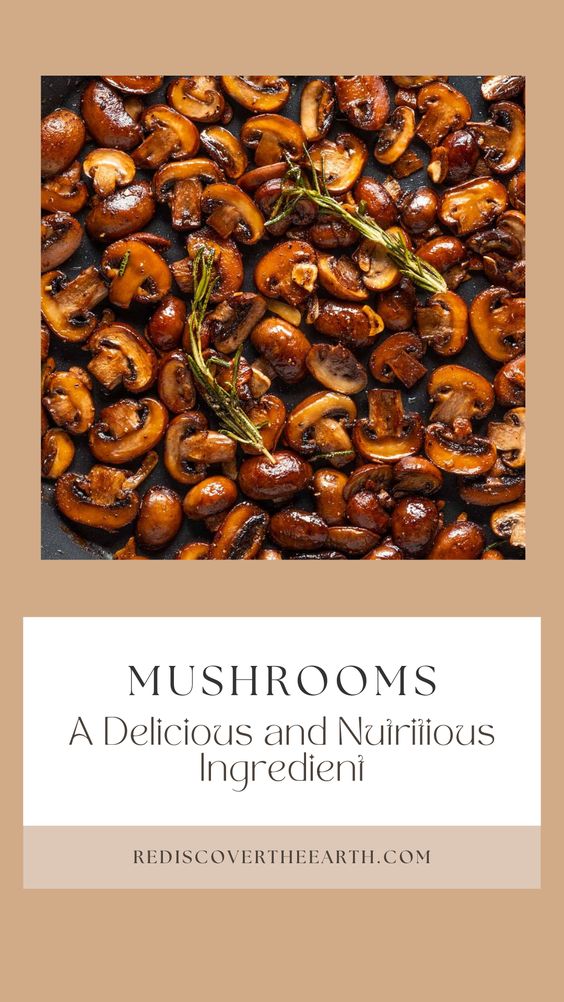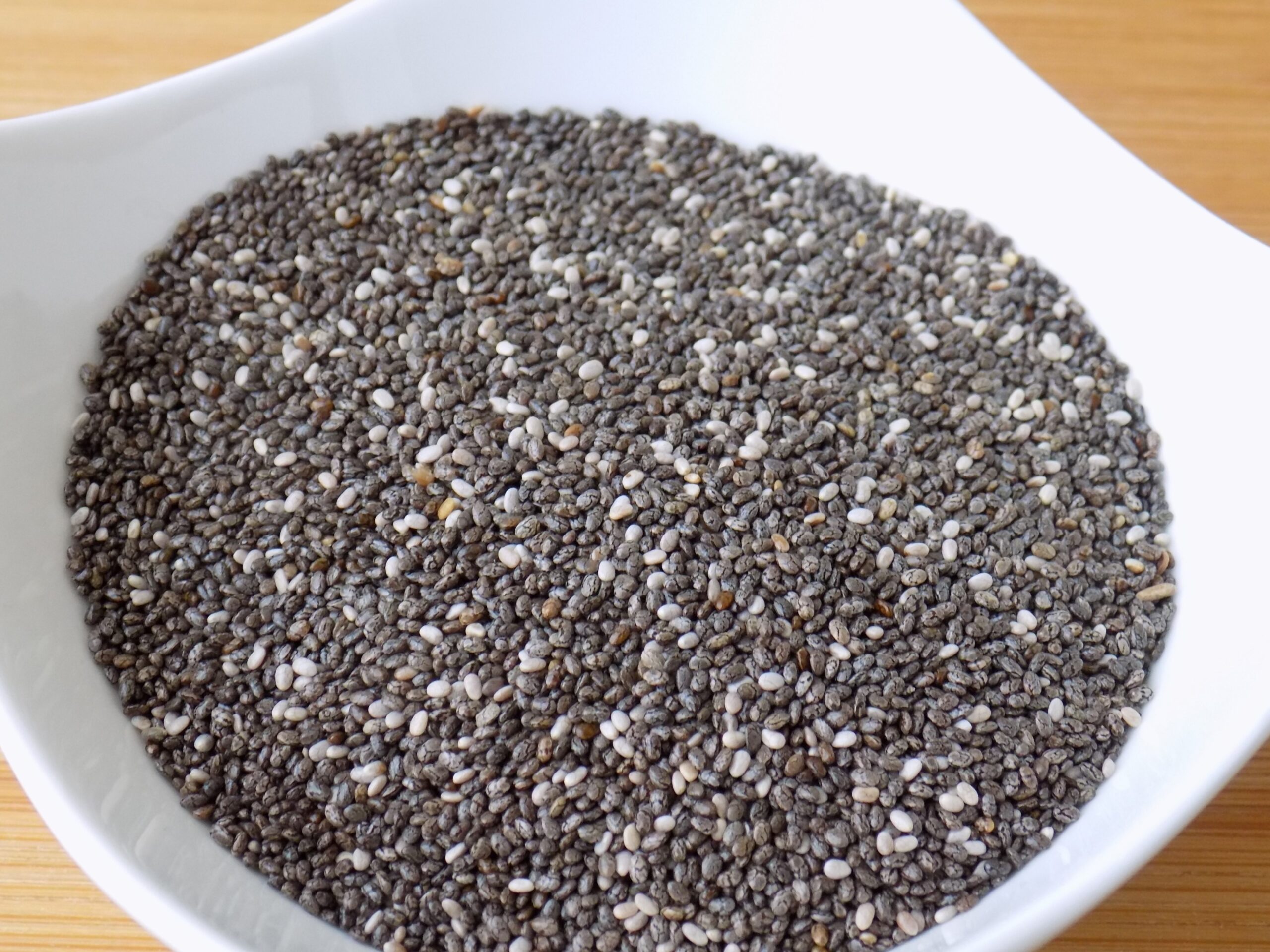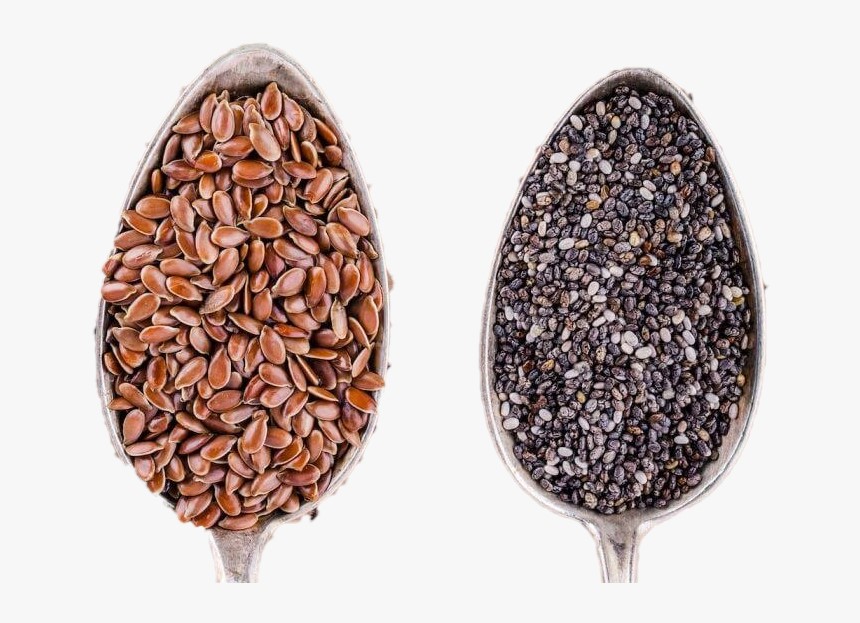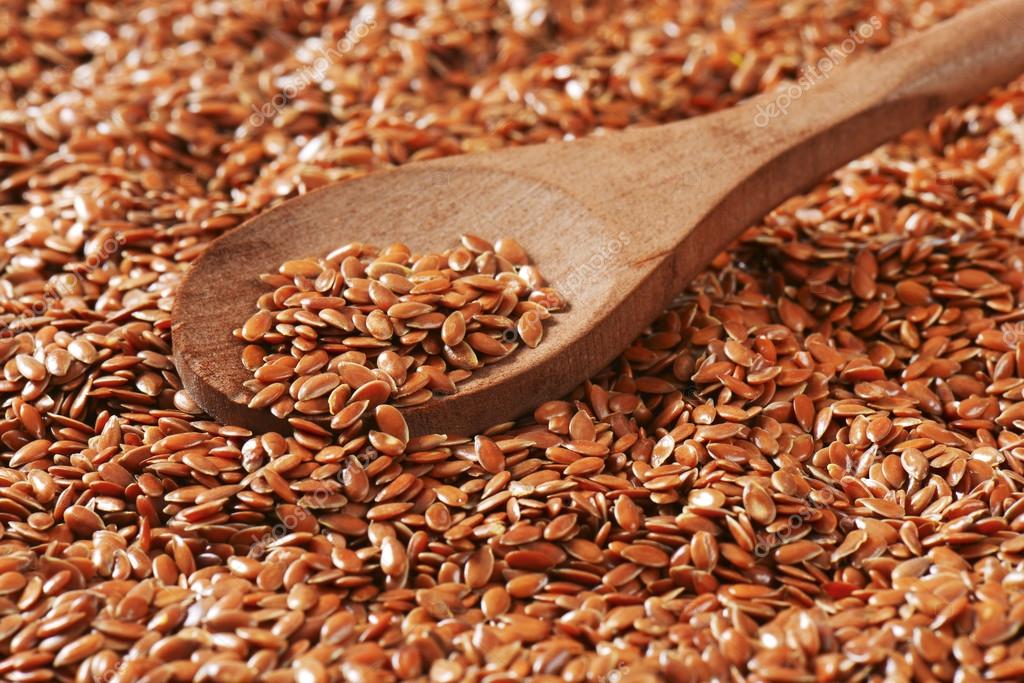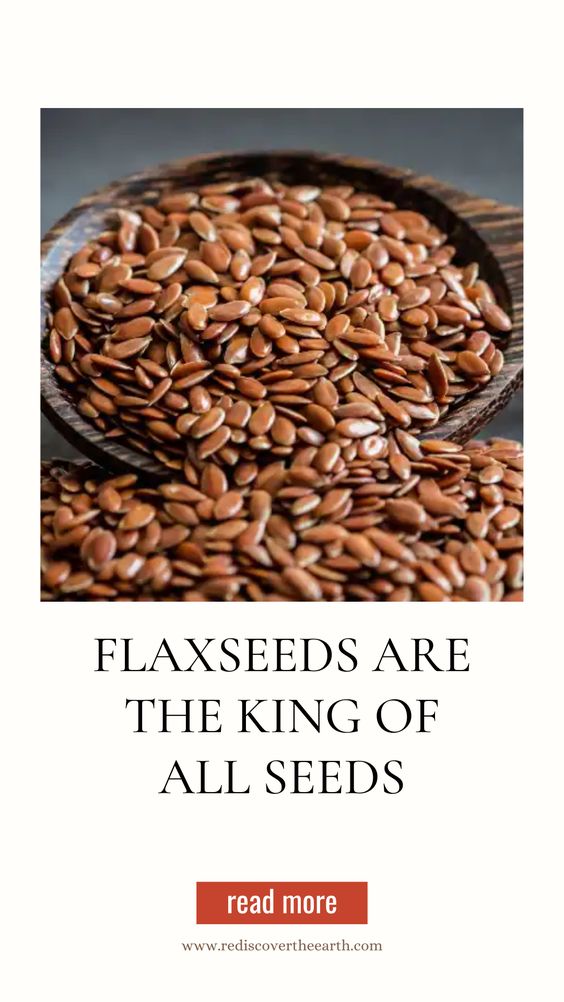There are so many benefits of Sunflower seeds and oil for skin and hairs. Sunflower seeds and oil are more than just a tasty snack or cooking ingredient; they’re also packed with nutrients that can benefit your skin and hair health. With high levels of antioxidants, essential fatty acids, and vitamins, sunflower seeds and oil offer several benefits for your body’s largest organ, the skin, as well as your hair. Whether you consume them or apply them topically, sunflower seeds and oil can help keep your skin looking healthy and radiant while promoting strong, shiny hair.
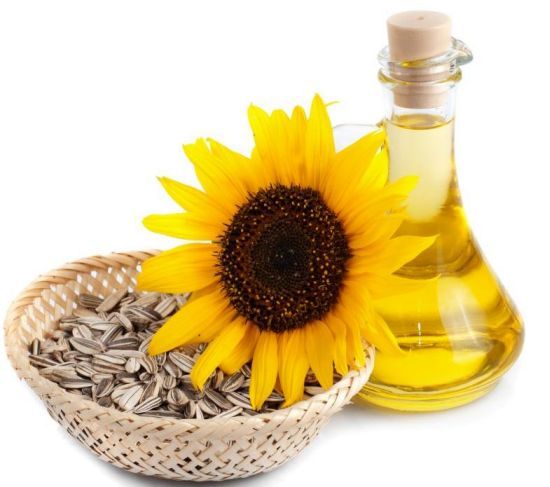
Skin Benefits of Sunflower Seeds and Oil
Sunflower seeds are a rich source of vitamin E, which is a powerful antioxidant that helps to protect the skin from damage caused by free radicals. Free radicals are unstable molecules that can damage skin cells and contribute to premature aging. Vitamin E can also help to reduce inflammation and promote healthy skin cell growth.
Sunflower seeds also contain other vitamins and minerals that are beneficial for the skin, such as vitamin C, zinc, and selenium. These nutrients can help to improve skin texture and tone, reduce the appearance of fine lines and wrinkles, and promote overall skin health. Few benefits of using sunflower seeds and oil for your skin.
Moisturizes skin
Sunflower seed oil is a natural emollient, which means it helps to moisturize and soften the skin. It is rich in essential fatty acids, including linoleic acid, which help to maintain the skin’s natural barrier and prevent moisture loss.
Its also keep the skin well-hydrated can help reduce the appearance of fine lines and wrinkles.
Sunflower seed oil can be used topically as a moisturizer to soothe dry, irritated skin.
Reduces inflammation
Sunflower seed oil has anti-inflammatory properties that can help to soothe irritated skin and reduce redness and swelling. It contains vitamin E, which is a potent antioxidant that helps to neutralize free radicals and protect the skin from damage.
Improves skin health
Sunflower seeds and oil are a rich source of vitamins and minerals that are essential for healthy skin, including vitamin E, vitamin A, and zinc. These nutrients help to promote collagen production, improve skin elasticity, and support overall skin health.
Protects against sun damage
Sunflower seed oil contains high levels of vitamin E, which can help to protect the skin from damage caused by UV radiation. It also has a natural SPF of 6, which can provide some protection against sunburn and skin cancer.
Prevent acne
The zinc in sunflower seeds can help to regulate oil production and prevent acne.
Anti-inflammatory properties
Sunflower oil contains compounds that have anti-inflammatory properties, which can help reduce redness and inflammation in the skin. This can contribute to a more even skin tone and a reduction in the appearance of fine lines and wrinkles and reduce inflammation and signs of aging.
Overall, incorporating sunflower seeds and oil into your skincare routine can be a great way to promote healthy, hydrated, and youthful-looking skin
Overall, sunflower seeds offer a range of benefits for skin health and can be easily incorporated into a healthy diet or skincare routine. Whether you consume them or use them topically, sunflower seeds can help to keep your skin looking and feeling its best.
Hair Benefits of Sunflower Seeds and oil
Sunflower seeds are also good for hair health, due to their high content of vitamin E and other nutrients. Vitamin E can help to improve blood flow to the scalp, which can promote hair growth and prevent hair loss. It also helps to nourish the hair follicles, keeping them healthy and strong.
Sunflower seeds are also a good source of biotin, a B-vitamin that is essential for healthy hair growth. Biotin helps to improve the strength and elasticity of the hair, making it less prone to breakage and damage. Few benefits of using sunflower seeds and oil for your hairs
Promotes hair growth
Sunflower seeds and oil are a rich source of vitamin E, which is essential for healthy hair growth. it can help to improve blood circulation in the scalp and promote healthy hair growth.
Prevents hair loss
Sunflower seeds contain nutrients like biotin and selenium, which are important for healthy hair growth and can help to prevent hair loss.
Strengthens hair
Sunflower seeds and oil are also high in protein, which is a key building block of hair. Consuming protein-rich foods like sunflower seeds or using sunflower seed oil in your hair care routine can help to strengthen hair strands and reduce breakage.
Condition hair
Sunflower seed oil is rich in fatty acids, which can help to moisturize and condition hair. Using sunflower seed oil as a hair mask or adding it to your hair care routine can help to keep your hair healthy and hydrated.
Soothes scalp
Sunflower seed oil has anti-inflammatory properties that can help to soothe an itchy or irritated scalp. It can also help to reduce dandruff and other scalp conditions.
Sunflower seeds can be used for hair in several ways
Nature’s Hair Superfood-Tips and Techniques for Application
As a Hair Oil
Sunflower seed oil can be used as a natural hair oil. It is rich in vitamin E, which helps to strengthen hair follicles and promote healthy hair growth. To use, warm some sunflower seed oil in a bowl and massage it into your scalp and hair. Leave it on for at least an hour before washing it off with shampoo.
In a Hair Mask
Sunflower seeds can also be used in a homemade hair mask. Grind some sunflower seeds in a blender or food processor and mix them with a carrier oil, such as coconut or olive oil. Apply the mixture to your hair and scalp and leave it on for 20-30 minutes before washing it off with shampoo.
As a Rinse
Sunflower seeds can also be used as a hair rinse. Boil some sunflower seeds in water for 15-20 minutes and let it cool. Use this water as a final rinse after shampooing your hair. This can help to strengthen hair and add shine.
As a Hair Scrub
Ground sunflower seeds can also be used as a natural hair scrub. Mix ground sunflower seeds with a carrier oil and gently massage it onto your scalp and hair. This can help to exfoliate the scalp, remove build-up, and promote healthy hair growth.
Sunflower seeds are a nutrient-packed food that can benefit your skin and hair health in many ways. Whether you’re looking to improve your skin texture and tone, promote healthy hair growth, or simply enjoy a tasty and nutritious snack, sunflower seeds are a great choice.
So go ahead and add some sunflower seeds to your diet today to start reaping the benefits for your skin and hair. Incorporating sunflower seeds and oil into your diet or hair care routine can be a great way to promote healthy, strong, and shiny hair.
